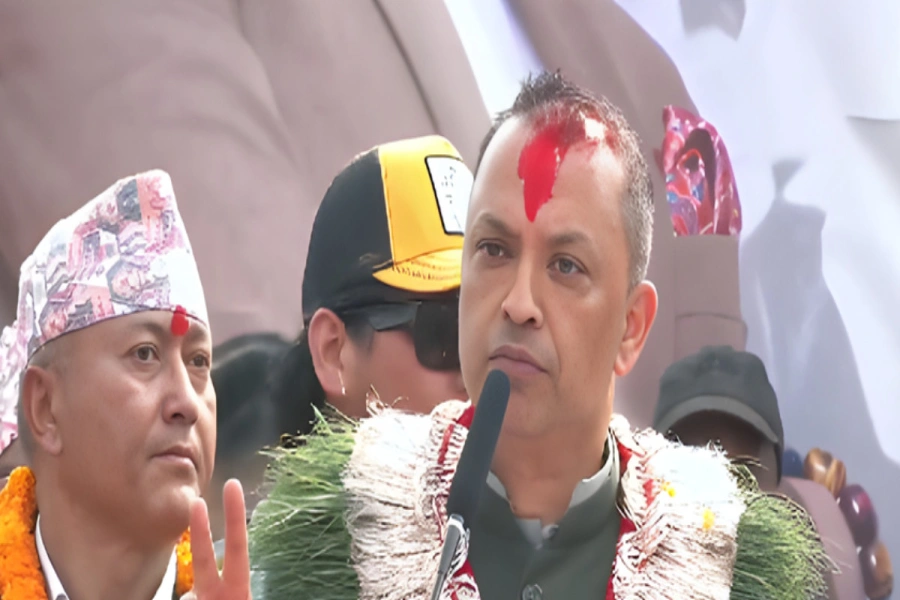While tendering her resignation from the post of deputy speaker of the House of Representatives on Monday to pave the way for the election of the post of Speaker, Shiva Maya Tumbahangphe made a statement that should make all political parties reflect on why and how they have been failing to ensure adequate representation of women in top political as well as administrative posts. ‘Patriarchy in Nepal is more entrenched than even monarchy. We could overthrow monarchy, we still need to struggle to overthrow patriarchy,’ she said, in a rather moving resignation speech.
For sure, Tumbahangphe was referring to the intense ‘deliberations’ within her party—ruling Nepal Communist Party (NCP)—to bring someone else to the post of Speaker by making her step down. Tumbahangphe was not willing to step down. She had all the qualifications needed to reach that post: She is a PhD, she has a strong political background and she belongs to ruling NCP too. The only qualification she lacked, it seemed, was that she was not a man. Sadly, this tendency to prioritize men, instead of women, in top political posts is common in all levels and in all political parties despite the fact that the constitution has made it mandatory for the political parties to ensure 33 percent representation of women in party structures. As things stand, all four of our national parties—NCP, Nepali Congress, Federal Socialist Forum Nepal and Rastriya Janata Party Nepal—have failed to ensure constitutionally-man¬dated 33 percent repre¬sentation of women. In 441-mem¬ber central committee of NCP, for example, there are only 75 women, and in 84-member cen¬tral working committee of NC, there are only 17 women. Women representation is negligible in the federal cabinet too. There are 23 ministers in the cabinet but only two are women: Bina Magar, Minister for Water Supply and Padma Kumari Aryal, Minister for Land Management, Cooperatives and Pov¬erty.
Gagan Thapa invites UML, NCP and RSP to joint platform for five...

Nepal set a precedent by electing a woman as the president and this is encouraging but overall the representation of women in other bodies is dismal. It is true that there are more women in the leadership role in the local levels. In total of 753 local governments, of 35,041 elected representatives, 14,000 are women, making it 40 percent representation in local spheres. But even in this, political parties have rarely opted for women as mayors. As a result, overwhelming majority of deputy mayors at the local governments are women, who at times are relegated to the role of providing stamp of approval to the decisions made by mayors. This has to change. And the tendency to bypass competent women candidates in the leadership role for the sake of elevating men to top posts should also change. But for this political parties need to shed their biases, perceived or real, toward women. NCP willfully lost the opportunity to reverse this tendency and set an example. But broadly, Tumpahangphe’s resignation saga could be interpreted as how political parties tend not to accord the positions competent women deserve. Political parties should not keep failing in ensuring what they are constitutionally mandated to do.




































